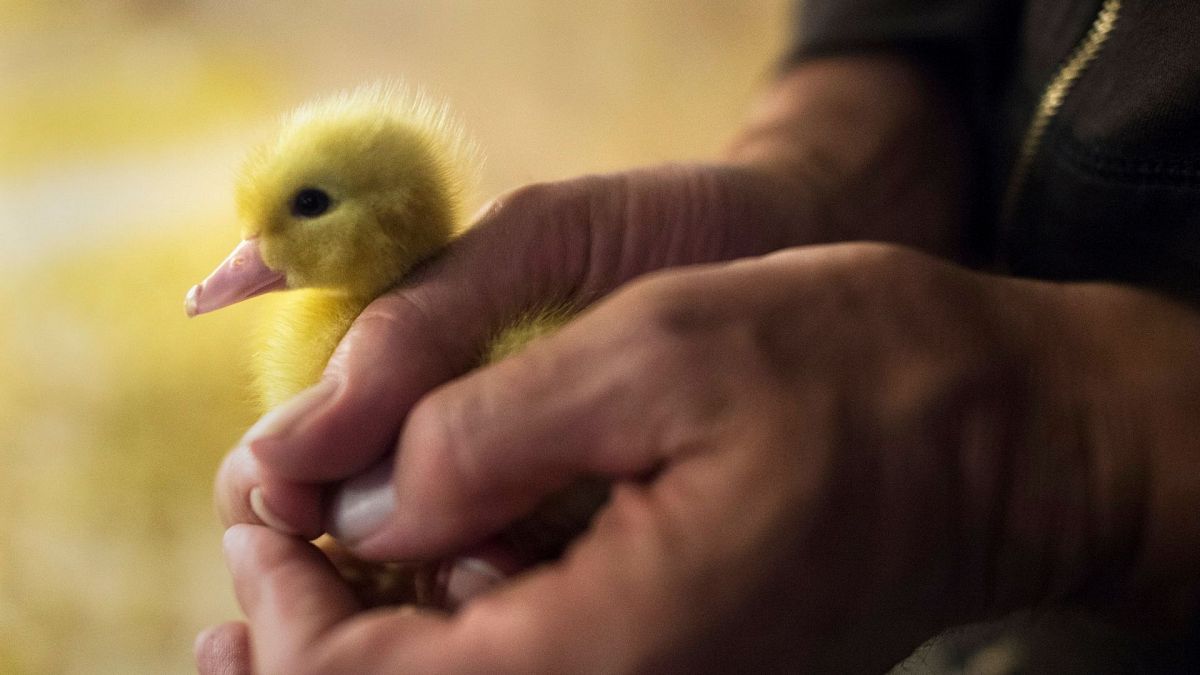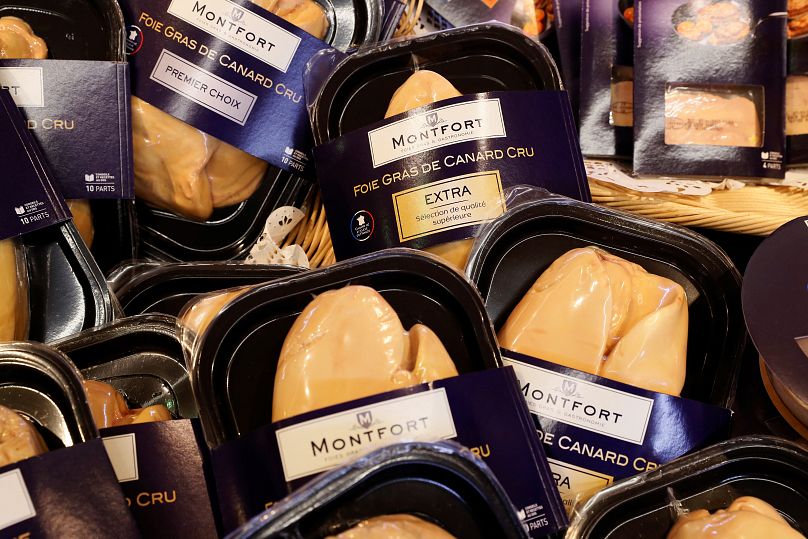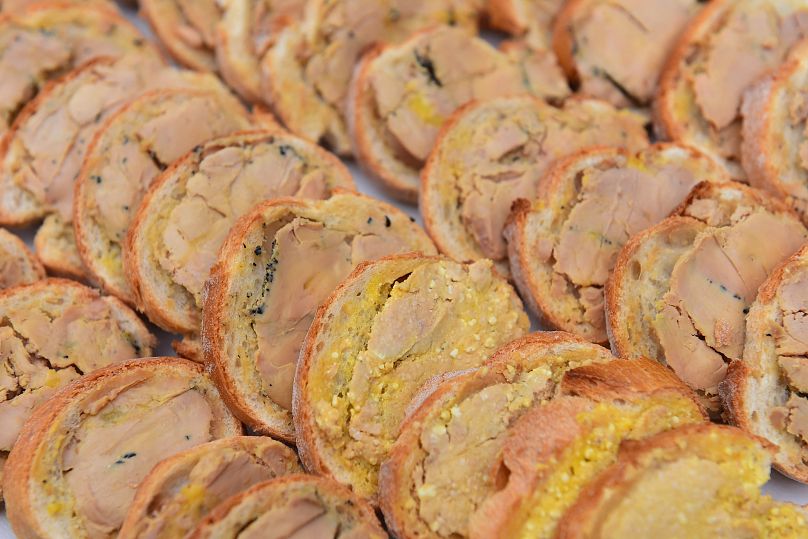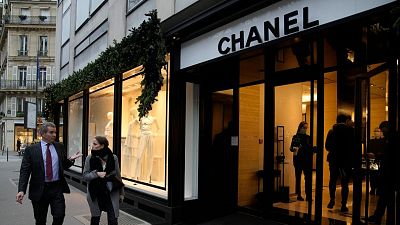Lyon's mayor and Green Party representative Grégory Doucet took to the media to clear up some misinformation about his government's ban on foie gras.
Mayor of Lyon, Grégory Doucet, has spoken out against critics of the local government ban on serving foie gras at official events.
Doucet, who represents France's Green Party (EELV) says the move is "neither a call for a boycott nor a prohibition measure" on one of the country's culinary traditions, which has fallen foul of animal rights campaigners such as PETA.
Widely known as France's gastronomic centre, Lyon recently became the third city in France to ban the delicacy in some capacity on animal rights grounds.
The dish will no longer be served at official events, dinners, and receptions held as municipal affairs.
It is, however, still available to purchase in restaurants and supermarkets.
Mayor Doucet explained his side of the policy in a newspaper column after tensions grew over its implications on the festive period.
How is foie gras made?
Foie gras – translated in English as 'fatty liver' – is a product made by the over-feeding of male ducks and geese.
The French speciality has been part of the country's culinary traditions since 5 BC and is of grave concern to animal rights activists.
Pipes are placed in the throats of the animals 2-3 times a day, forcing large quantities of food in them to the point of discomfort, in a process known as 'gavage'.
Up to 4 pounds of food is fed to them per day. Being fed their body weight in food causes their livers to swell over time, up to 10 times their original size.
This is known to distress the animal to the point where they are unable to function normally.
The liver is left to fatten for around three months until the animals are slaughtered, where the organ is distributed to eateries across France to be cooked into spreads like terrine or pâté.
Foie gras is protected by French law that states it "belongs to the protected cultural and gastronomical heritage of France."
This, and the livelihoods of poultry farmers across the country, are the two core counter-arguments against phasing it out of France's menus and grocery stores completely.
Chefs and farmers interpreted the rule as a boycott, which Doucet firmly denies
Controversy first sparked when a statement made during Lyon's town hall suggested that restaurants could, one day, follow suit with their own removal of the dish. Many farmers and chefs saw it as a call for a boycott.
The mayor rebuked accusations of a flat-out ban in a column published by the Journal du Dimanche.
He says he hopes "to measure and share what this festive period represents for producers, restaurateurs and residents."
Doucet said he wished "to see the emergence of other models than that of industrial agriculture and intensive breeding, commoditization or the intensification of chain-feeding of geese."
The mayor, first elected in 2020, says he wants to "promote local products, which take into account the issue of animal welfare, fair remuneration for producers, low ecological impact (and) respect for the land".
"The choices made by the communities are part of the evolution of practices, and that's a good thing." he concluded.
In addition to Lyon, the town halls of Strasbourg (since July 2020) and Grenoble (since 2014) have also banned foie gras from their ceremonies and events.





